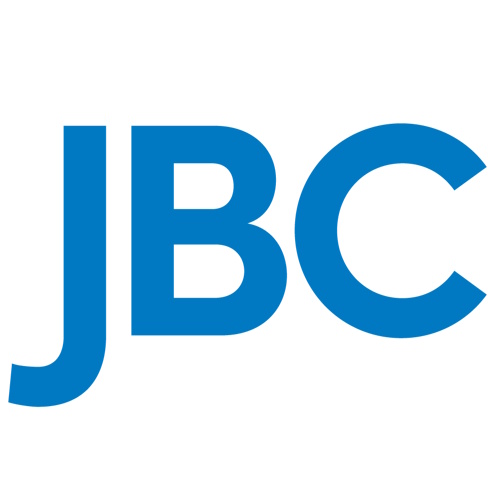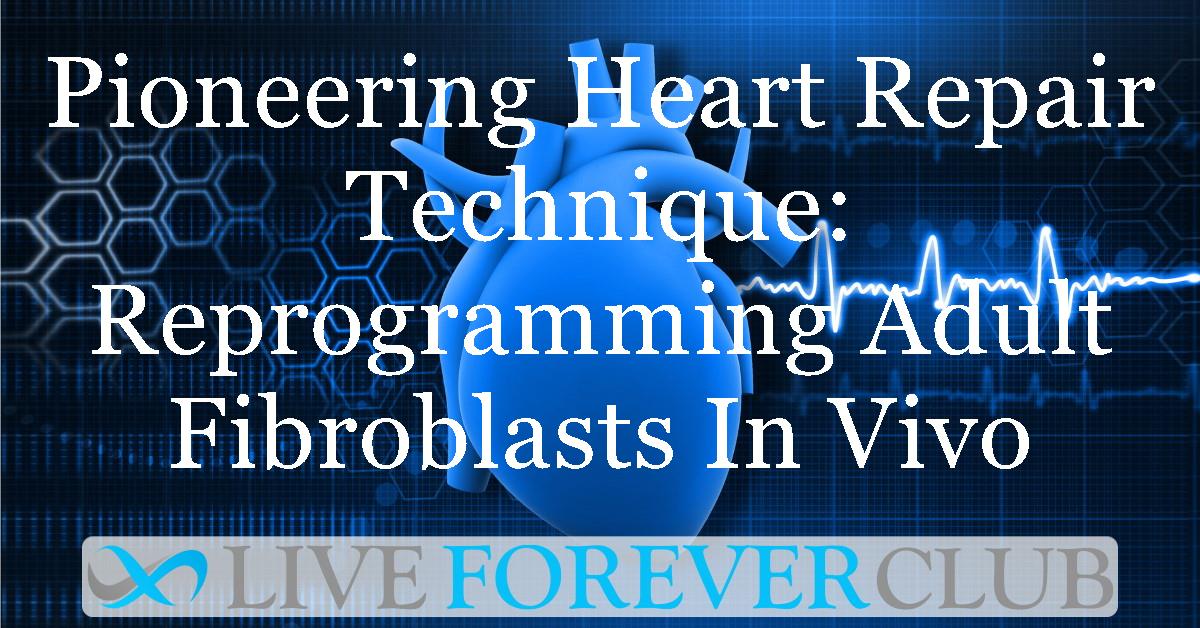Key points from article :
Myocardial infarction (heart attack) results in cell death, leading to formation of stiff scar tissue
Fibroblasts can differentiate into other cell types, such as heart muscle cells, but lose this ability as they mature
Scientists aim to reprogram adult fibroblasts to behave like immature cells for more effective heart healing.
Study focused on differences between neonatal and adult fibroblasts and how to manipulate them for therapeutic benefits.
Silencing Epas1 in adult fibroblasts increased reprogramming events, improving their differentiation capacity.
Mice treated with reprogramming miRNA combo and Epas1-blocking siRNA showed significant increase in new cardiomyocytes and improved cardiac function.
Multiple transcription factors might be involved, and targeting several could lead to better outcomes.
Regaining regenerative abilities could be key to staving off numerous diseases and has potential applications beyond cardiac context.
Research by Duke University published in Journal of Biological Chemistry.








